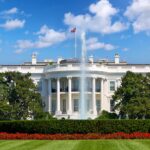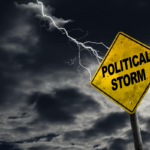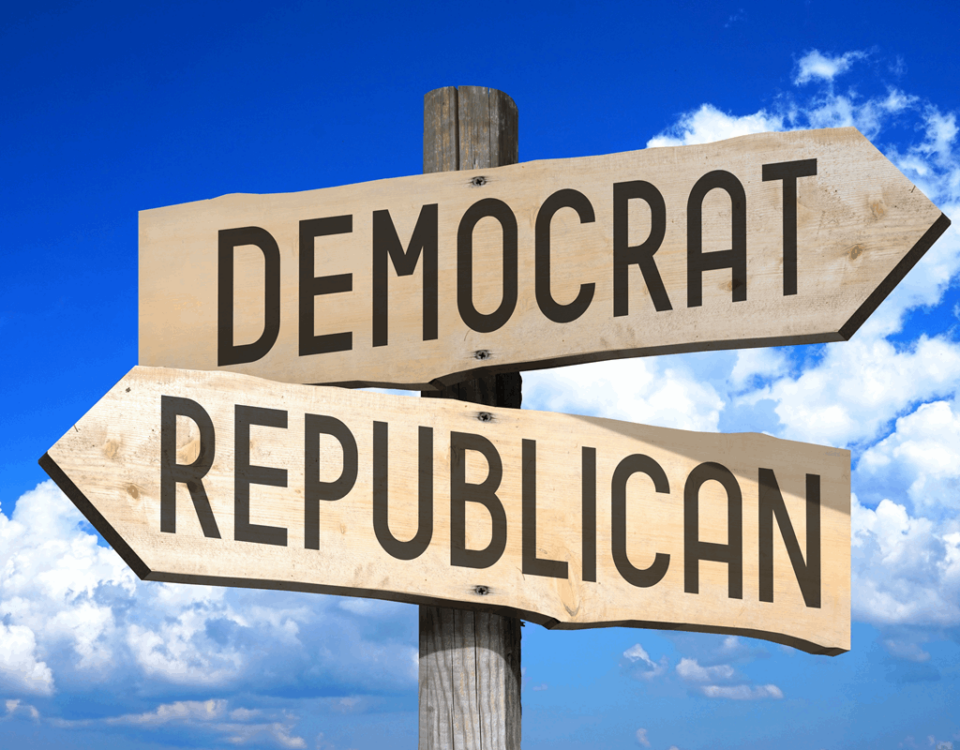
Top 3 Closest Presidential Elections
November 5, 2024
The Office of the Presidency Must End
November 11, 2024Iran’s History of Terrorism
The world is tired of Iran’s export of terrorism, often attributed to the Islamic Republic’s regime after the 1979 revolution, and has been a central part of its foreign policy for decades. Iran’s state-sponsored terrorism revolves around using non-state actors, militias, and proxies to extend its influence across the Middle East and beyond. This practice has evolved over the years, creating a complex network of militias and terrorist organizations that serve Tehran’s geopolitical interests.
Iran’s export of terrorism began in earnest after the 1979 Islamic Revolution, which saw the overthrow of the U.S.-backed Shah and the rise of Ayatollah Ruhollah Khomeini. The new Islamic Republic adopted a revolutionary ideology aimed at exporting its version of Shia Islamism across the Muslim world, challenging both Western powers and Sunni-majority regimes, particularly in the Gulf. This led to a strategy of supporting armed movements that aligned with Iran’s ideological and strategic goals.
Hezbollah in Lebanon was Iran’s first major success in this regard. Established in the early 1980s, Hezbollah emerged as a powerful Shia militia in Lebanon with Iranian backing, particularly through funding, training, and arms supplies. The group’s founding coincided with the Israeli invasion of Lebanon in 1982, providing Iran an opportunity to establish a foothold in the Levant and project power against Israel. Hezbollah remains a significant actor today, engaging in terrorist activities against Israel and promoting Iranian interests throughout the region. Its attacks, like the bombing of the U.S. Marine barracks in Beirut in 1983, are seen as major acts of Iranian-supported terrorism.
During the Iran-Iraq War (1980-1988), Iran expanded its reach into Iraq, particularly among the Shia population. Tehran cultivated relationships with Iraqi Shia militants, which would later evolve into more formalized militias following the U.S.-led invasion of Iraq in 2003. The fall of Saddam Hussein created a vacuum that Iran quickly filled by backing groups like Kata’ib Hezbollah, Asa’ib Ahl al-Haq, and the Badr Organization. These militias not only fought U.S. forces but also played a critical role in ensuring Iranian influence in post-Saddam Iraq, which continues to this day.
Iran’s support for Palestinian groups like Hamas and Palestinian Islamic Jihad (PIJ) has been another major component of its export of terrorism. Both groups have received Iranian funds, training, and weapons to continue their campaigns against Israel. While Iran’s relationship with Hamas has fluctuated due to political differences, its commitment to undermining Israel through these proxies remains steadfast.
Syria has also been a focal point for Iran’s export of terrorism, particularly after the Syrian Civil War erupted in 2011. Iran provided critical support to President Bashar al-Assad’s regime through its proxy militias, including Hezbollah fighters, and by establishing new Shia militias composed of fighters from Afghanistan, Pakistan, and Iraq. These forces, many of which are overseen by Iran’s Islamic Revolutionary Guard Corps (IRGC), were instrumental in helping Assad remain in power, further cementing Iranian influence in the region.
Central to Iran’s terrorist activities abroad is the IRGC, specifically its elite Quds Force, which is responsible for operations outside Iran. Under the leadership of Qassem Soleimani, who was killed by a U.S. drone strike in January 2020, the Quds Force became the driving force behind many of Iran’s terrorist activities and influence-building efforts. Soleimani was instrumental in coordinating with Iranian proxies in Iraq, Lebanon, Syria, and Yemen, forging alliances, and directing military operations.
The Quds Force’s role has extended beyond the Middle East as well. In recent years, Iranian plots targeting dissidents and enemies abroad have been uncovered in Europe, Africa, and Latin America. The involvement of Iranian-backed operatives in attacks such as the 2012 bombing of Israeli tourists in Bulgaria further highlights Iran’s global reach in sponsoring terrorism.
In Yemen, Iran has backed the Houthi rebels in their fight against the Saudi-led coalition supporting the internationally recognized Yemeni government. Although the Houthis are a Zaidi Shia group (a different branch of Shia Islam than Iran’s Twelver Shia), Tehran has provided them with weapons, including ballistic missiles and drones, used to target Saudi Arabia and its Gulf allies. The Yemen conflict has thus become another theater where Iran exerts its influence via a proxy war.
Today, Iran’s export of terrorism is a cornerstone of its asymmetrical warfare strategy. Through a combination of proxy militias, political manipulation, and direct military intervention, Tehran has become a dominant player in regional conflicts. Its network stretches from Lebanon to Iraq, Syria, Yemen, and Gaza. Despite international sanctions, Iran continues to fund, train, and arm these groups, shaping the geopolitical dynamics of the Middle East. While the IRGC and its affiliates have faced growing resistance from Western powers and regional rivals, Tehran shows no signs of abandoning this strategy, seeing it as vital to its national security and ideological goals. Passing the problem of Iran down from one American president to another has to end. We need a leader to put an end to this problem once and for all.
C. Rich
CRich@AmericaSpeaksInk.com

C. Rich is the voice behind America Speaks Ink, home to the America First Movement. As an author, poet, freelance ghostwriter, and blogger, C. Rich brings a “baked-in” perspective shaped by growing up on the streets and beaches of South Florida in the 1970s-1980s and brings a quintessential Generation-X point of view.
Rich’s writing journey began in 2008 with coverage of the Casey Anthony trial and has since evolved into a wide-ranging exploration of politics, culture, and the issues that define our times. Follow C. Rich’s writing odyssey here at America Speaks Ink and on Amazon with a multi-book series on Donald Trump called “Trump Era: The MAGA Files” and many other books and subjects C. Rich is known to cover.
“America Speaks Ink is a Google News approved source for Opinion”





